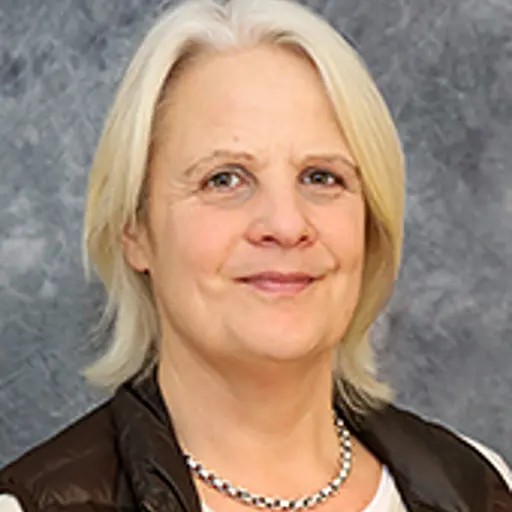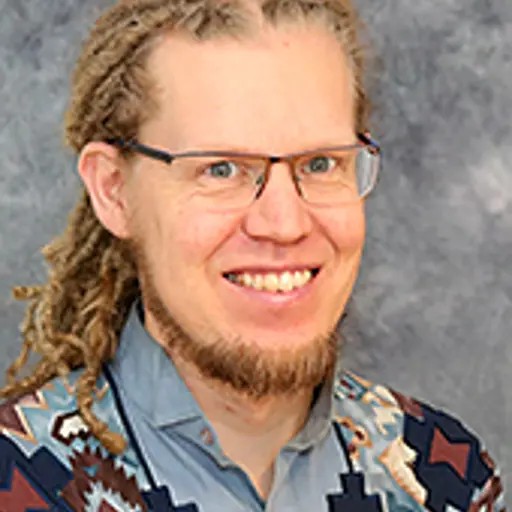This research group addresses questions around current and future societal use of land and biomass resources, within a broad sustainability perspective.

Perhaps the most evident human change to the Earth system is the conversion of natural ecosystems into agriculture and forestry systems that provide food, materials, fuel and other products. Almost half the planet’s land area has undergone this kind of change and our land uses are major contributors to climate change, biodiversity loss and disrupted nutrient cycles. But our managed landscapes are at the same time an integrated part of our cultures and they can support high levels of biodiversity, recreational and other cultural values. The demand for land and biomass will increase as a growing and wealthier global population requires more biomass for food, energy and materials—not the least as biomass use is promoted in a range of new applications due to concerns about resource scarcity, climate change and other environmental problems due to the use of fossil fuels and other non-renewable resources.
Our research group addresses a broad range of land use related questions and encompasses studies of resources, technologies, element cycling, biodiversity, ecosystem services, climate impacts, rural livelihoods, and governance. We develop and employ a multitude of approaches such as land use modeling, LCA, energy- and material-flow analysis, remote sensing/GIS, as well as a combination of other quantitative and qualitative methods.
Our aim is to further the understanding of land-use and biomass systems and the associated environmental, social, and economic impacts, for society to transition to more sustainable land use. Results and insights are disseminated to inform land management decisions, as well as governance, e.g., the development of policies, standards, and certification schemes for bio-based products.
Senior researchers

- Full Professor, Physical Resource Theory, Space, Earth and Environment

- Professor, Physical Resource Theory, Space, Earth and Environment

- Professor, Physical Resource Theory, Space, Earth and Environment

- Associate Professor, Physical Resource Theory, Space, Earth and Environment
Key publications
Cowie, A. L., Berndes, G., Bentsen, N. S., Brandão, M., Cherubini, F., Egnell, G., ... & Ximenes, F. A. (2021). Applying a science‐based systems perspective to dispel misconceptions about climate effects of forest bioenergy. GCB Bioenergy, 13(8), 1210-1231. https://doi.org/10.1111/gcbb.12844
Englund, O., Berndes, G., & Cederberg, C. (2017). How to analyse ecosystem services in landscapes—A systematic review. Ecological Indicators, 73, 492-504. https://doi.org/10.1016/j.ecolind.2016.10.009
Herrero, M., Henderson, B., Havlík, P., Thornton, P. K., Conant, R. T., Smith, P., Wirsenius, S. ... & Stehfest, E. (2016). Greenhouse gas mitigation potentials in the livestock sector. Nature Climate Change, 6(5), 452-461. https://doi.org/10.1038/nclimate2925
Pendrill, F., Gardner, T. A., Meyfroidt, P., Persson, U. M., Adams, J., Azevedo, T., ... & West, C. (2022). Disentangling the numbers behind agriculture-driven tropical deforestation. Science, 377(6611), eabm9267. https://doi.org/10.1126/science.abm9267
van der Werf, H. M., Knudsen, M. T., & Cederberg, C. (2020). Towards better representation of organic agriculture in life cycle assessment. Nature Sustainability, 3(6), 419-425. https://doi.org/10.1038/s41893-020-0489-6